The Human body contains approximately 5 litres of Blood that is pumped continuously by the Heart to deliver Oxygen, Nutrients and other vital substances to all parts of the body. Blood is composed of several components – Red Blood Cells(RBC), White Blood Cells (WBC), Platelets and Plasma. Each component plays a vital role in maintaining the proper functioning of the body.
10 important Functions of Blood
- Transportation of Nutrients
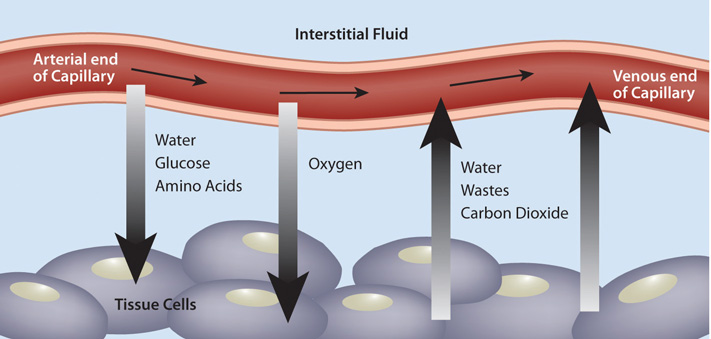
Blood carries essential Nutrients like glucose, amino acids and fatty acids to all parts of the body for storage, oxidation and synthesis of new substances. It also transports minerals like iron and calcium and vitamins such as vitamin D throughout the body.
- Removal of Waste
Blood helps remove waste products from the body like urea, uric acid and ammonia that are produced during metabolism.
- Transportation of Gases
Blood carries oxygen from the Lungs to all parts of the body for respiration. It also transports carbon dioxide, a waste product of respiration, from the tissues to the Lungs for elimination.
- Regulation of pH and Temperature
Blood helps regulate the pH of the body by acting as a buffer system, maintaining a constant pH level. It also helps regulate body temperature by carrying heat to the surface of the skin, where it can be dissipated.
- Protection Against Diseases
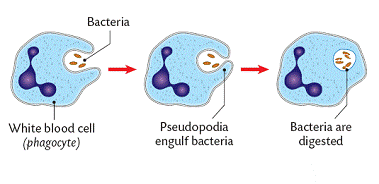
Blood contains white Blood cells, which engulf and destroy disease causing microbes by a process called phagocytosis. It also contains antibodies, which identify and neutralise harmful substances, such as toxins and viruses.
- Transportation of Hormones
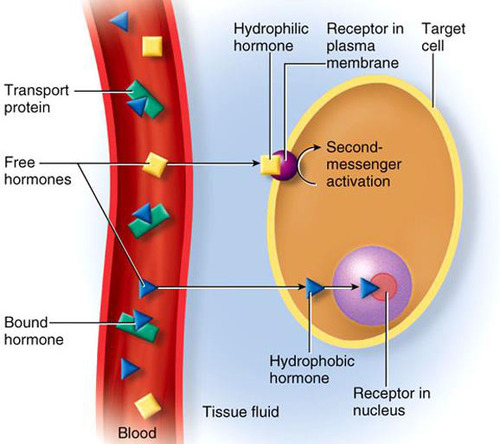
Blood carries hormones from their place of synthesis to their target organs. This helps regulate various bodily functions, including growth, metabolism and reproduction.
- Formation of Clots
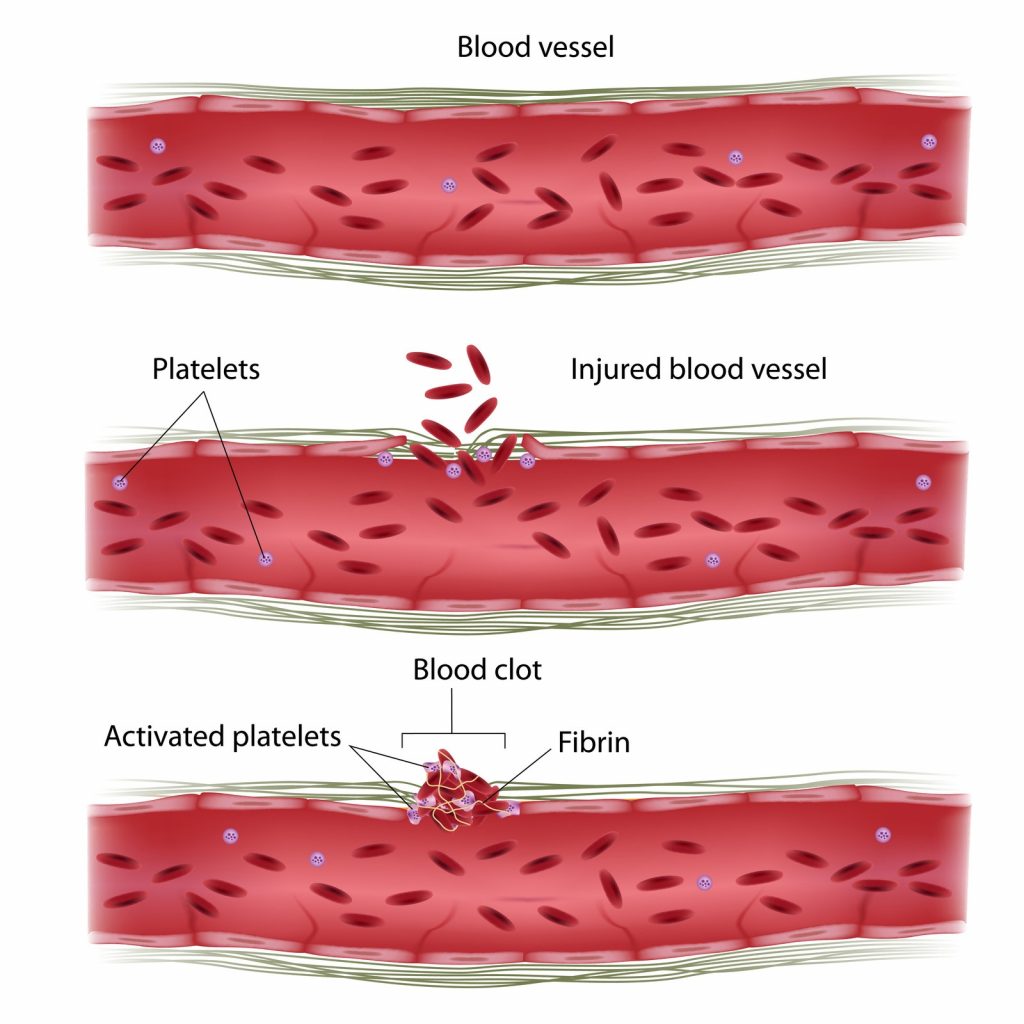
Platelets present in the Blood form a clot at the site of injury to prevent further loss of Blood. This process is called coagulation and is essential for wound healing.
- Maintenance of Water Balance
Blood helps maintain proper water balance in the body by transporting water to areas where it is needed and removing excess water through the kidneys.
- Transportation of Nutrients from the Small Intestine
After Nutrients are absorbed in the small intestine, they enter the Blood capillaries. Blood then carries these Nutrients and distributes them to all parts of the body.
- Maintenance of Blood Pressure
Blood helps maintain Blood pressure by transporting hormones and other molecules that regulate Blood vessel diameter and volume.
Also Check – What will happen if Platelets were Absent in the Blood
Also Check – What’s Systolic and Diastolic Blood Pressure?
Also Check – 12 Important Functions of Blood Plasma
Also Check – How Blood Flow in Heart ?
Also Check – Composition Of Blood
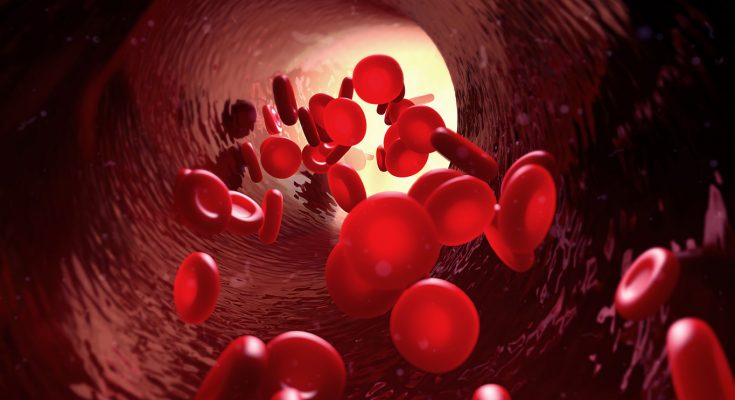
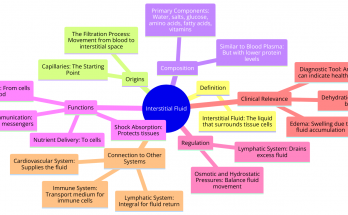
17 Comments on “10 Important Functions of Blood – Class 10”